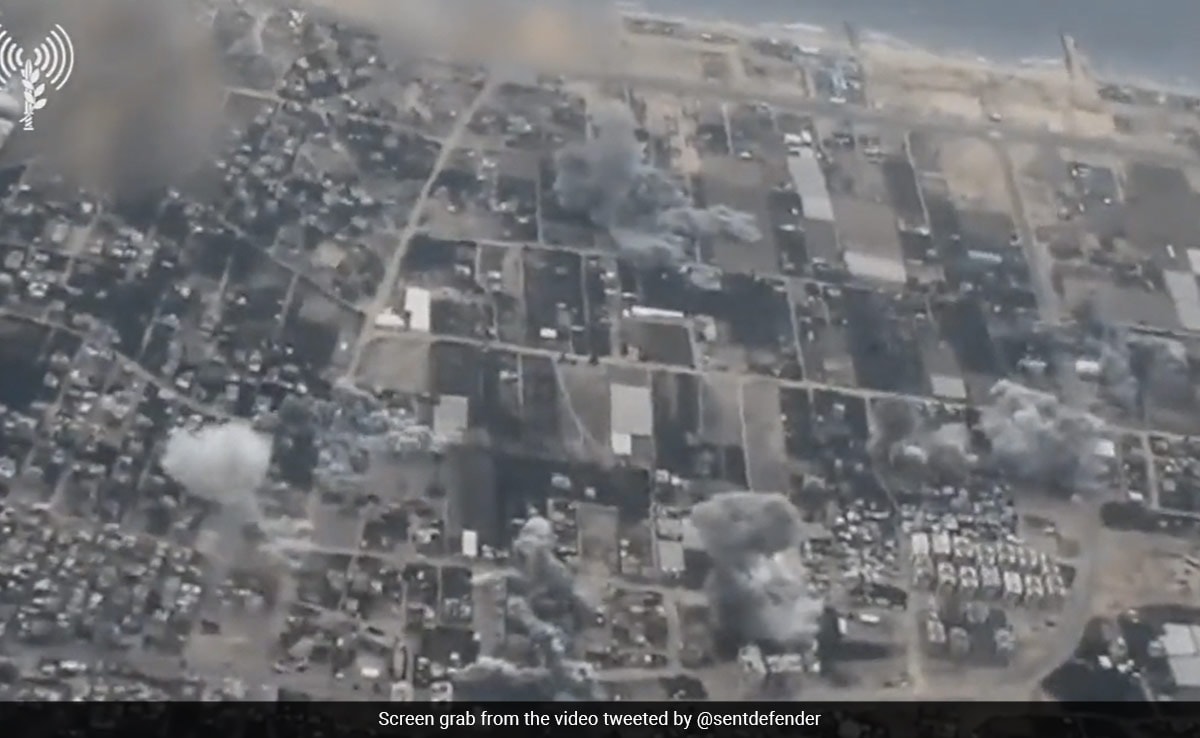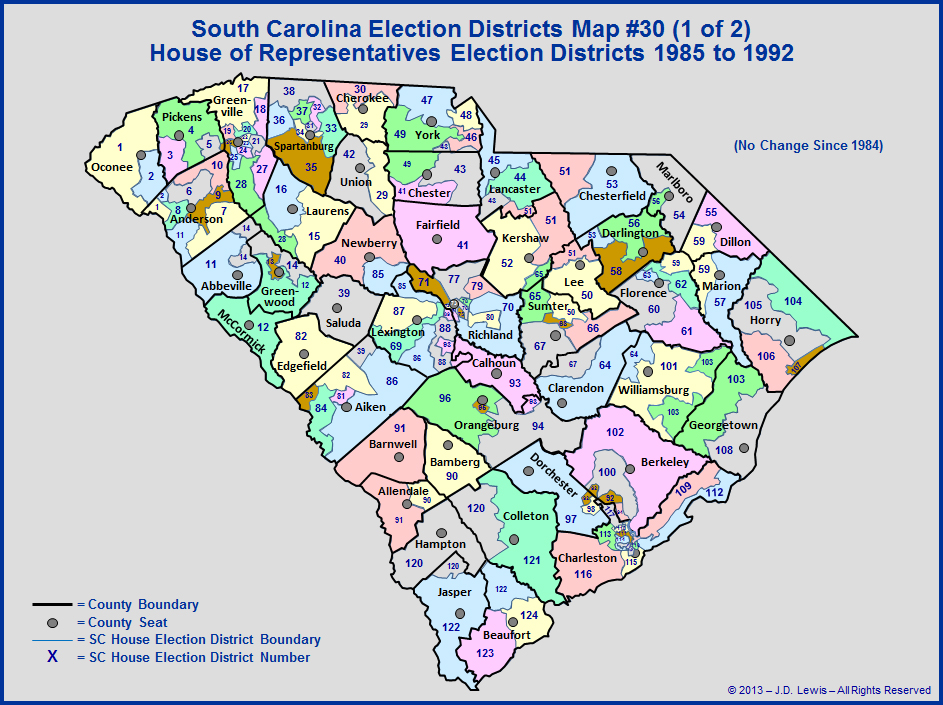Analyzing The Effects Of Trump's Tariffs On Automakers

Increased Costs of Imported Parts and Materials
Trump's tariffs, particularly those on imported steel and aluminum, significantly increased the cost of production for automakers. These metals are crucial components in vehicle manufacturing, used extensively in engine blocks, transmissions, body panels, and countless other parts. The sudden increase in the price of these raw materials directly translated into higher manufacturing costs. This had a cascading effect:
- Higher input costs leading to price increases for consumers: To maintain profitability, automakers were forced to pass on these increased costs to consumers, leading to higher sticker prices for new vehicles.
- Reduced profit margins for automakers: The squeeze between rising input costs and the need to remain competitive resulted in significantly reduced profit margins for many automakers.
- Potential for job losses in the auto industry due to reduced competitiveness: The increased production costs made US-made vehicles less competitive in both domestic and international markets, threatening jobs across the industry.
- Shift towards sourcing parts from domestic suppliers: In response, many automakers sought to reduce their reliance on foreign suppliers by investing in and sourcing parts from domestic suppliers, albeit often at a higher cost.
Retaliatory Tariffs and Reduced Exports
The imposition of US tariffs prompted swift retaliation from several countries. These retaliatory tariffs specifically targeted US-made vehicles, significantly impacting US auto exports and market share. For example, China, a major market for US automakers, implemented retaliatory tariffs that made US vehicles considerably more expensive for Chinese consumers. The consequences included:
- Decreased demand for US-made vehicles in foreign markets: Retaliatory tariffs directly reduced the demand for US vehicles in key export markets.
- Loss of revenue for US automakers: The reduced sales in these markets led to substantial revenue losses for American automakers.
- Impact on the global competitiveness of US automakers: The combination of higher production costs and reduced export markets severely impacted the global competitiveness of US automakers.
- Increased pressure on US automakers to find alternative export markets: Companies were forced to explore new export markets, often at significant expense and with uncertain results.
Restructuring and Investment Shifts within the Auto Industry
Facing increased costs and reduced export opportunities, automakers responded by restructuring their operations and shifting their investment strategies. This involved several key adjustments:
- Investment in automation and domestic production to offset tariff costs: Many automakers invested heavily in automation to increase efficiency and reduce labor costs, aiming to offset the increased costs of domestically-sourced materials.
- Restructuring of supply chains to reduce reliance on imported parts: Companies focused on diversifying their supply chains and reducing their dependence on imported parts, a long-term strategy designed to minimize future vulnerability to tariffs.
- Potential job creation in some regions, while others face job losses: While some regions saw job creation due to increased domestic production, other areas, particularly those reliant on exports, faced significant job losses.
- Long-term effects on the geographic distribution of auto manufacturing: The shift in production and investment fundamentally altered the geographic distribution of auto manufacturing in the US, leading to both gains and losses in different states.
The Impact on Specific Automakers (Case Studies)
The effects of Trump's tariffs varied across automakers. Ford, GM, and Fiat Chrysler Automobiles (FCA) – now Stellantis – all experienced significant challenges. Detailed financial analysis, including sales figures, profit reports, and employment data for these and other major players, would highlight the varying degrees of impact and the specific strategies each employed to navigate this turbulent period. Further research into the financial performance of these companies during and after the tariff implementation provides crucial insights. Charts and graphs illustrating these changes would significantly enhance understanding.
Conclusion: Long-Term Implications of Trump's Tariffs on Automakers
Trump's tariffs had a profound and multifaceted impact on the US auto industry. While some automakers benefited from increased domestic production and a shift towards reshoring, the overall effect was a considerable increase in production costs, reduced export markets, and significant restructuring. The long-term consequences include a reshaped industry landscape, increased reliance on domestic supply chains, and lasting effects on the competitiveness of US automakers in the global market. To further explore the lasting effects of automotive tariffs and the tariff impact on the auto sector, we encourage readers to delve deeper into the financial records of affected companies and conduct further research into the topic of Trump's tariffs and their impact on automakers. Understanding these effects is crucial to navigating future economic policies related to international trade and the automotive sector.

 Souverainete Europeenne En Ia L Appel De Macron A Un Patriotisme Economique
Souverainete Europeenne En Ia L Appel De Macron A Un Patriotisme Economique
 Malta Coast Drone Attack Gaza Freedom Flotilla Issues Sos
Malta Coast Drone Attack Gaza Freedom Flotilla Issues Sos
 Leaked Whats App Messages Ignite Reform Party Civil War
Leaked Whats App Messages Ignite Reform Party Civil War
 Free Captain America Fortnite Skins Time Limited Event
Free Captain America Fortnite Skins Time Limited Event
 South Carolina Election Trust 93 Of Respondents Say Yes
South Carolina Election Trust 93 Of Respondents Say Yes
